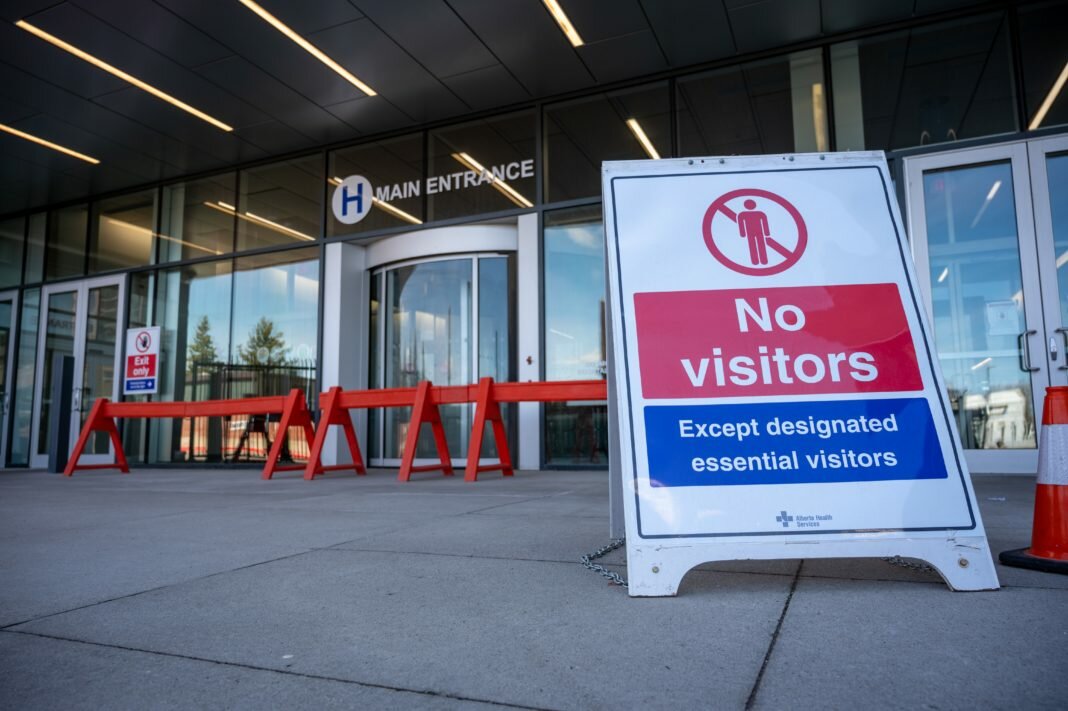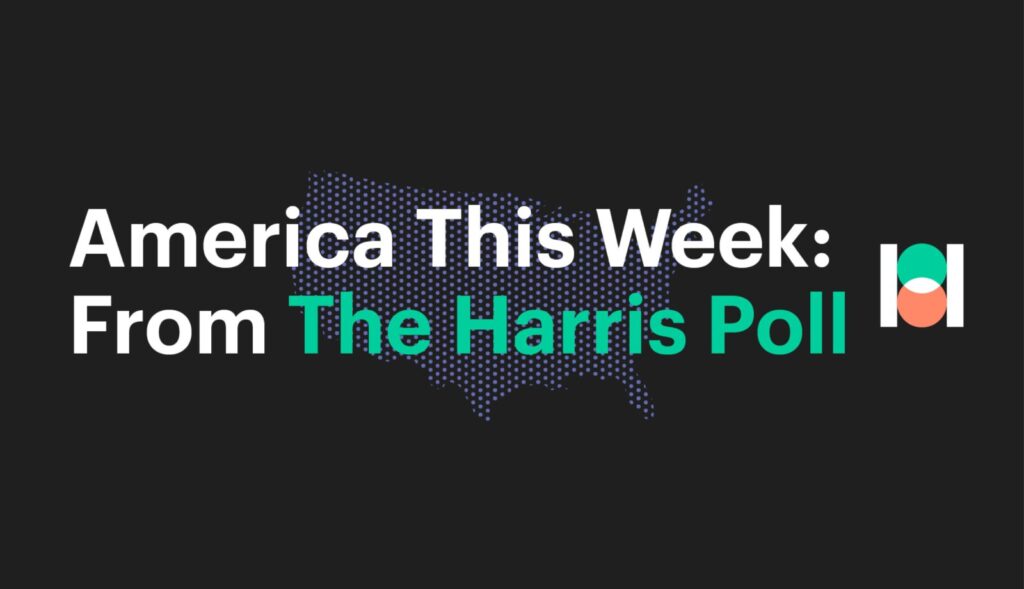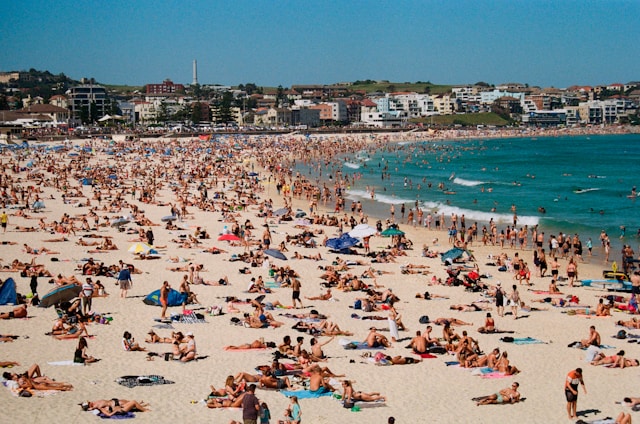Brief • 3 min Read

Views from the hard-hit spots: Two-thirds of New Yorkers (65%) and (55%) of Michiganders say their state is striking the right balance. However, both are more likely than the rest of the nation to say their states are too restrictive: (26% and 31% respectively).
Differences Across Demographics
1 in 5 Republicans (19%) say their state’s social distancing is too restrictive, with only (11%) of Democrats saying the same.
21% of Gen Z/Millennials say restrictions are not restrictive enough
- 13% of Seniors
- 19% of Boomers
- 14% of Gen X
Those with HHI <$50k and HHI $75k+ (both 16%) are twice as likely as HHI $50k-$75k to say they are too restrictive.
Despite an even number of men (68%) and women (70%) saying they strike the right balance, they are divided on the extremes:
- 20% of women say they are not restrictive enough (vs 13% of men)
- 19% of men say they are too restrictive (vs 10% of women)
In our new Harvard CAPS /Harris Poll, economy and jobs is now the second most important issue (41% of voters) after the management of the coronavirus crisis (63%). Four in 10 voters report their financial situation is getting worse (a 20 point jump since January); and only 32% say the economy is on the right track (down from 51% in January).
Most Americans (82%) are aware of recent protests urging governors to relax stay-at-home orders, but three-fifths of those aware (61%) disagree with their intentions.
- The protests are viewed through a partisan lens; though only half of Republicans agree with the intentions of the protesters: (51%) of Republicans agree vs (28%) of Democrats and (39%) of Independents.
- Americans are nearly twice as likely to say the protesters are breaking the rules and putting everyone at risk (61%) than it is their right to gather and voice their opinion (31%).
- Even Republicans are more likely to say the protesters are breaking the rules and putting people at risk (56%) than it is the protesters’ right to gather and voice their opinion (37%).
Methodology
Wave 8 of The Harris Poll COVID-19 Tracker was conducted online on April 18-20, 2020 among 2,029 U.S. adults.
Find out more from our COVID-19 Tracker.
Subscribe for more Insights
Subscribe to our newsletter for the latest trends in business, politics, culture, and more.
Related Content









